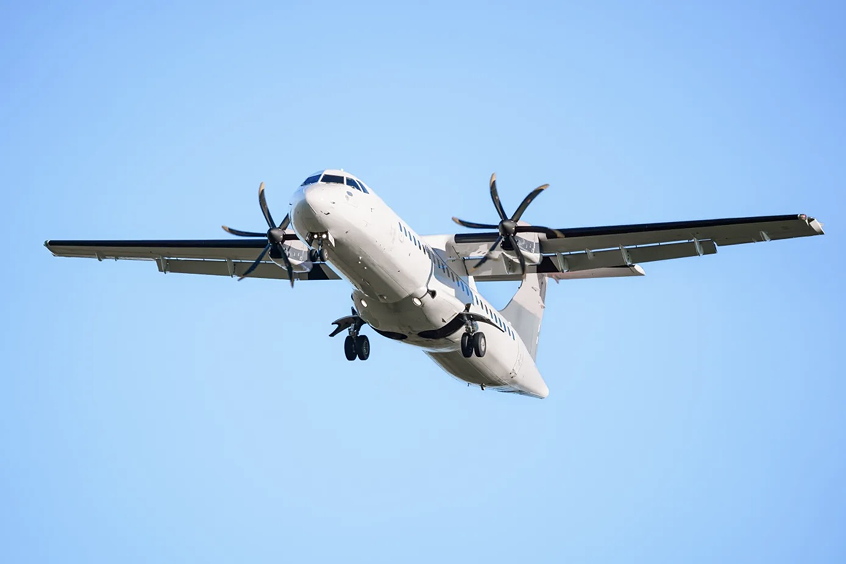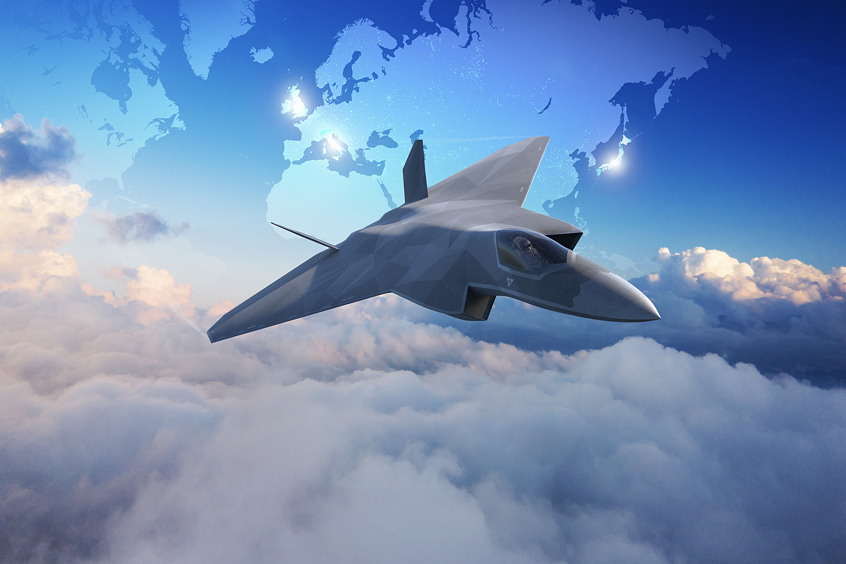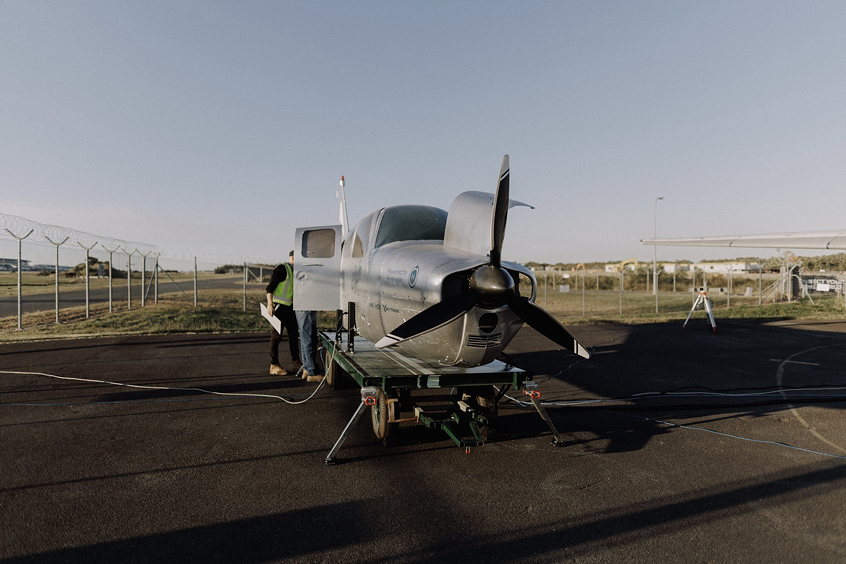Reliable Robotics, a leader in autonomous aircraft systems, announced today it was awarded an Air Force Research Laboratory (AFRL) contract to design, develop and test autonomous aircraft capabilities on Air Force platforms. As part of this Small Business Innovation Research (SBIR) Phase II contract, Reliable Robotics will demonstrate how its aircraft agnostic design can be quickly adapted for new airframes through simulated and real-world flight tests. The autonomy upgrade will be capable of installation on a wide variety of aircraft.
“Our remotely piloted aircraft system unlocks opportunities for all defense agencies and drives mission success in cargo delivery, logistics, surveillance, and other applications where higher tempos and lower costs are vital,” said Dr. David O’Brien, Major General (Ret.), and Senior Vice President of Government Solutions at Reliable Robotics.
The company has a track record of industry-firsts on the path to Federal Aviation Administration certification of its Remotely Operated Aircraft System. Reliable Robotics made commercial aviation history in 2019 by remotely piloting a Cessna 172 Skyhawk over a populated region without any onboard crew, and in 2021 by remotely operating the Cessna 208 Caravan, a popular cargo aircraft, from a control center over 50 miles away. The same year, the company was named a Collier Trophy finalist for great achievements in aeronautics in the United States.
| Contact details from our directory: | |
| Reliable Robotics Corporation | Robotics & Automation Consultants, Robotic Parts & Equipment, Automatic Flight Control Systems, UAV Control Software |
| AFRL (Airforce Research Laboratory) | Research/Consulting Services, Wind Tunnels |
| Related aircraft programs: |
| Cessna 208 Caravan |
| Cessna 172 Skyhawk |
| Related directory sectors: |
| Flight and Data Management |
Weekly news by email:
See the latest Bulletin, and sign up free‑of‑charge for future editions.

Airbus Atlantic commits to EPI for metallic ATR components
Boeing commits to expand in Charleston County

GCAP partners agree to go ahead with next gen combat aircraft
